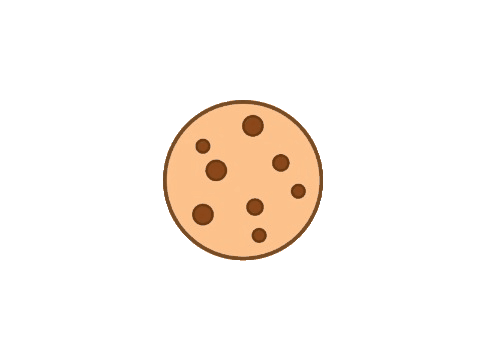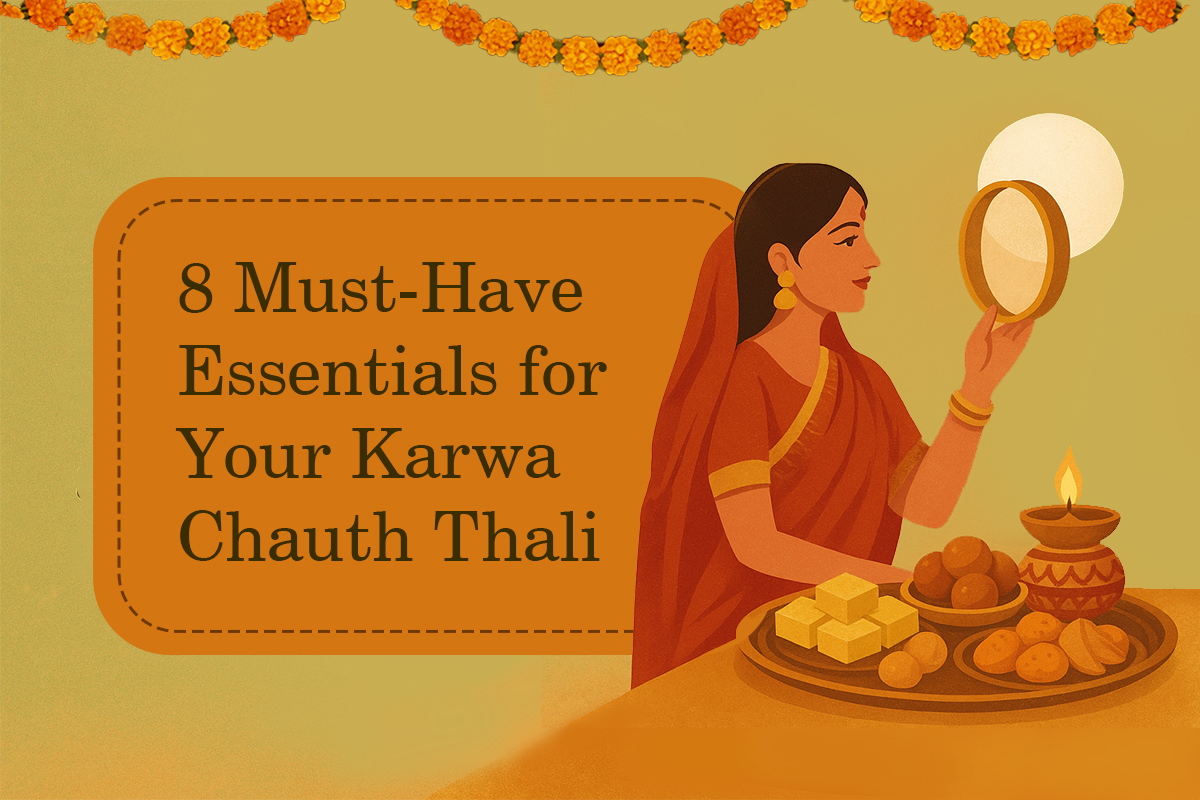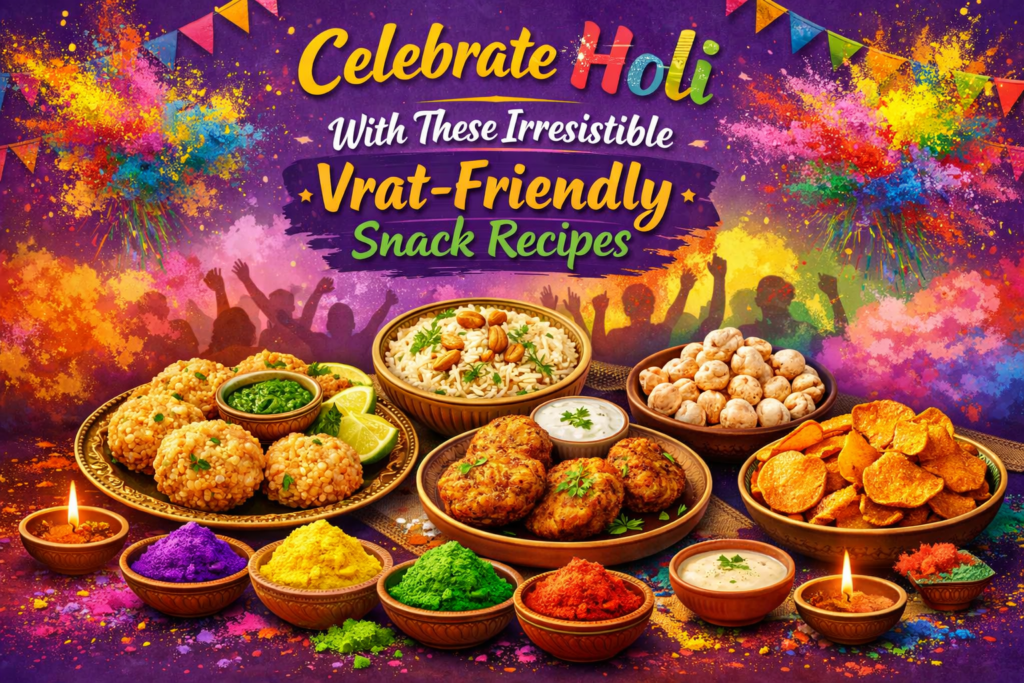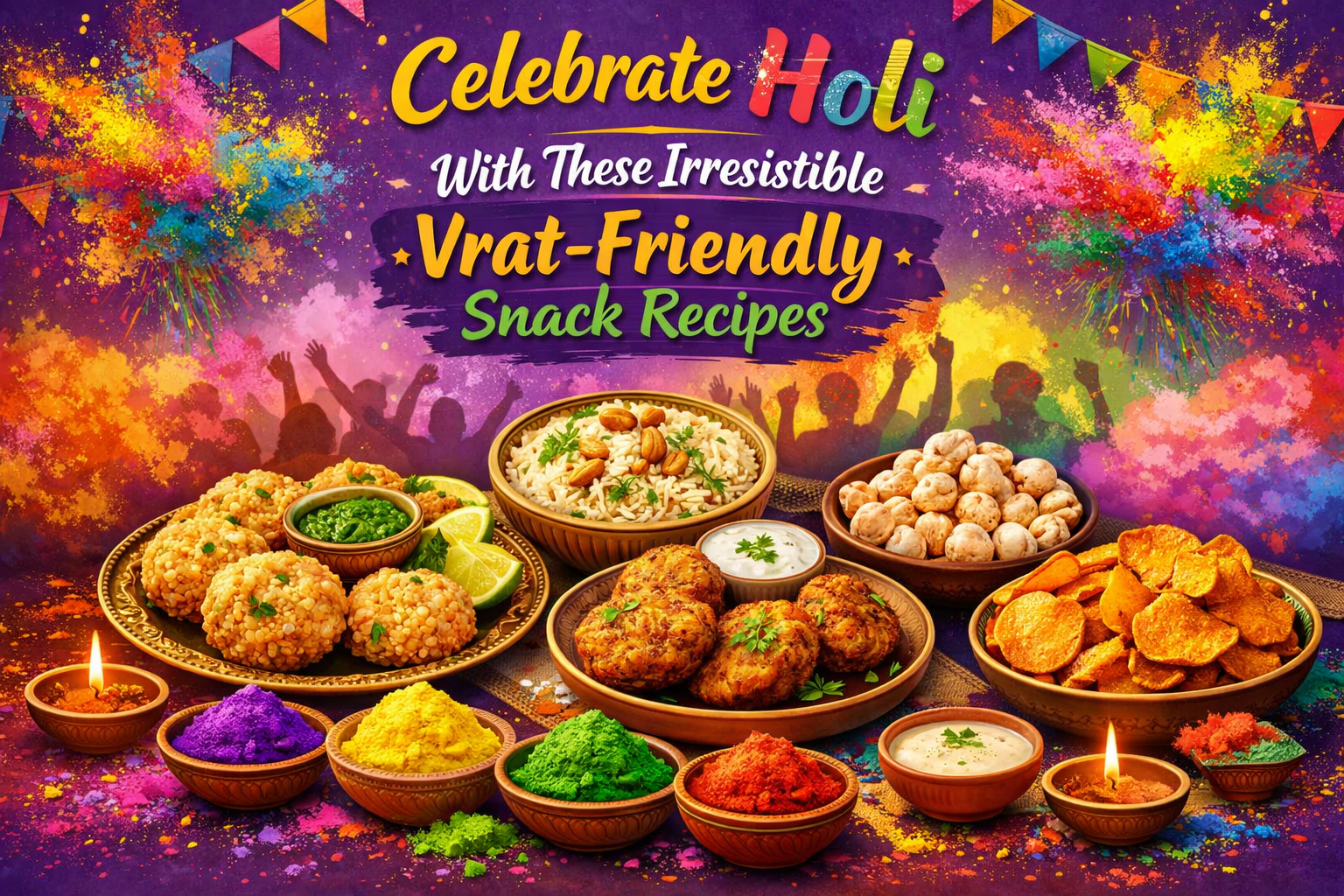Karwa Chauth is not just a festival; it’s a celebration of devotion and love that has been a part of our rich cultural heritage for generations. The term ‘Karwa’ means earthen pot, and ‘Chauth’ means the fourth. The festival is observed on the fourth day of the Krishna Paksha in the month of Kartik. On this auspicious day, married women observe a fast from dawn to moonrise and pray for their husbands’ health and longevity, a tradition that symbolizes the deep bond of marriage.
Planning for the Karwa Chauth festival requires gathering a few key essentials – from the karwa, diya, and bhog, to turmeric, incense sticks, fruits, and sweets. Each item on the pooja thali carries its own special meaning and is essential for performing the rituals correctly.
Wondering what things are required for Karwa Chauth puja, or looking for ideas to create your Karwa Chauth food menu or traditional food recipes for the festival? We hear you!
Whether you’re a newlywed couple or are falling short on time to prepare the Chauth thali – worry not!
We’ve curated a Karwa Chauth thali checklist with everything you’ll need for the day. Check out the 8 must-have Chauth thali essentials for a smooth and perfect celebration.
With this guide, you can be confident in your preparations and focus on the joy of the festival. Dive in!
Curating the Perfect Karwa Chauth Thali: 8 Essential Items for Your Celebration
Karwa and Diya
The essence of Karwa Chauth rituals revolves around the puja thali. Decorated beautifully, it usually contains various sacred items used during the puja.
Diya (Earthen Lamp) - The earthen lamp on the pooja thali represents divine light and hope in marital life. This divine diya adds a sacred aura to the ritual.
Karwa (Earthen pot) is one of the most important Karwa Chauth essentials. Women decorate their karwas with bright colours, designs, auspicious symbols, flowers, ribbons, and mirror works, turning the pot into a piece of art. The pot is filled with water and used during the puja to make an offering to the moon. The karwa signifies prosperity and embodies a woman’s prayer for her husband’s long and healthy life.
Chhalni (Sieve)
The Sieve holds a special place in the Karwa Chauth thali set. It is one of the most iconic elements of the Karwa Chauth ritual. The chhalni signifies purity and filtering of negativity. Through the Sieve, women first look at the moon to receive its blessings and then at their husbands to channel those blessings – praying for their husband’s long life, good health, and a strong marital bond.
After viewing their husbands through the Sieve, women break their day-long fast, marking the end of the ritual.
Sweets
Karwa Chauth festival is incomplete without sweets. They are an essential part of the Karwa Chauth thali and are used to break the fast after sighting the moon. The most popular sweet options include Gulab Jamun, Besan ke laddoo, Jalebi, Kaju Katli, and many others.
Crunchbury offers high-quality Karwa Chauth sweets and laddu to add sweetness to your Karwa Chauth moments. Explore our collection of high-protein laddu, healthy snacks, and cookies, and add a touch of elegance to your celebrations.
Sindoor & Bangles
Sindoor and Bangles are the symbols of a married woman’s status and well-being. Bangles represent marital bliss, while sindoor signifies devotion and longevity of her husband. Hence, both of these are included in the Karwa Chauth thali set.
Fresh Fruits
Fresh fruits in the Karwa Chauth thali signify health, energy, vitality and abundance. They are included in the chauth thali too, to provide nourishment after the fast.
Choose fruits that are light and easily digestible. Seasonal fruits like bananas, apples, guavas, pomegranates, and oranges help rejuvenate the body and keep you hydrated.
The Karwa Chauth Katha Book
The Karwa Chauth Katha Book is a significant addition to the thali. It symbolizes a wife’s love and devotion for her husband. The Katha book includes the Aarti of Lord Ganesh and Lord Shiva and is usually recited during the evening puja to seek divine blessings.
Haldi, Roli, Chawal (Turmeric, Kumkum & Rice Grains)
Haldi, roli, and chawal are some of the main ingredients of the Karwa Chauth thali. They are used to prepare a tilak and symbolize purity, blessings, and abundance.
Haldi and roli are believed to invoke positivity and purify the atmosphere, while rice grains are offered to the deities, representing devotion and respect.
Bhog Offerings
No pooja is complete without bhog. Bhog Offerings are a way to express devotion and gratitude to God. During Karwa Chauth rituals, fruits, sweets, and special food items are offered as bhog. Bhog is also offered to pray for the husband’s long life and good health.
The Art of Creating a Karwa Chauth Thali That Radiates Love Forever
Karwa Chauth is a festival of love, togetherness, and sacrifice. By keeping the above-mentioned Karwa Chauth thali essentials handy, you can ensure a smooth and memorable Karwa Chauth and cherish its memories for years to come.
As you prepare for this special day, don’t forget to add a touch of health and sweetness to your celebrations. Crunchbury Foods offers the best-quality sweets and healthy snacks that add sparkle to your Karwa Chauth celebration. So, why wait and waste time? Buy your favorite healthy sweets and high-protein snacks online today, and let your Karwa Chauth thali shine bright with Crunchbury!
FAQs
1. What is the role of the Karva and the Channi?
The Karva is a small earthen pot filled with water, symbolizing the deep love and devotion of a wife towards her husband.
Channi, or the Sieve, is an integral part of the Karwa Chauth ritual. It is used to observe the moon and then the husband, praying for his long life and prosperity.
2. What should be kept in the Karwa Chauth pooja thali?
Karwa Chauth pooja thali includes a diya, Sieve (chalni), a pot filled with water, incense sticks, haldi, kumkum, akshata (rice grains), flowers, and prasad in the form of sweets or fruits, and red cloth to cover the thali.
3. Why is Sieve used in Karwa Chauth?
The Sieve is used in Karwa Chauth to filter negativity and pray for the husband’s long life. Sieve is also used to filter the moon’s rays for blessings of happiness and good health.















